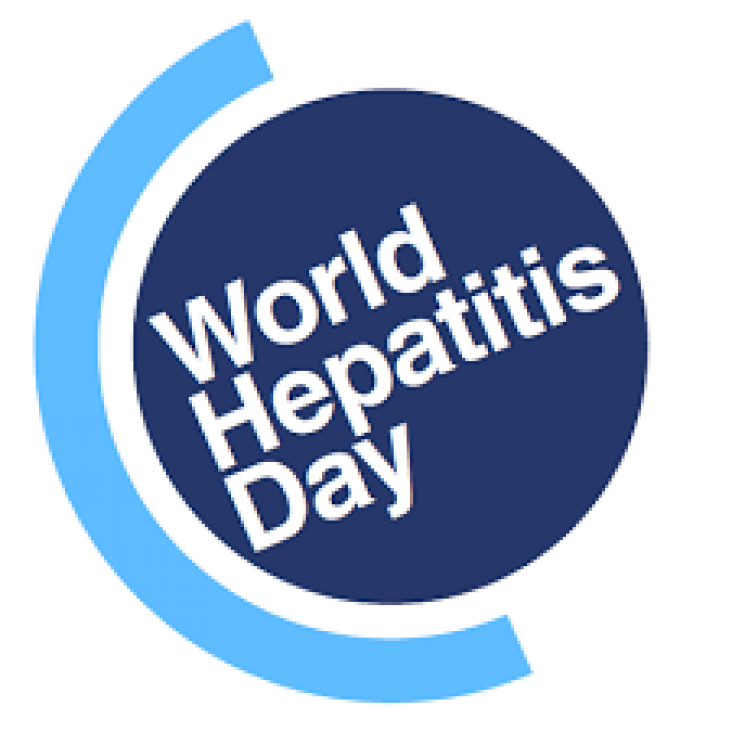In this review, we discuss how cellular senescence contributes to brain aging and neurodegenerative diseases, and the relationship between protein aggregation and cellular senescence.
This paper concludes that findings suggest that 1) long-term omega-3 fatty acid supplementation may reduce risk of Alzheimer’s disease (AD); 2) dietary omega-3 fatty acid intake, especially DHA, may lower risk of dementia or cognitive decline; and 3) peripheral biomarkers of omega-3 fatty acids may serve as predictors of cognitive decline. However, further investigation is needed to understand the gene–environment interactions involved in the intake of omega-3 fatty acids.
This study aimed to investigate the amelioration effects of preventive TEAS treatment (P-TEAS) on cognitive impairment and oxidative stress in AD model rats.
This article explores the potential of Traditional Chinese Medicine (TCM) as a treatment for Alzheimer's disease, highlighting the holistic approach of TCM and its promising results in improving cognitive function in Alzheimer's patients. It emphasizes the need for further rigorous clinical trials to validate these findings.
This Viewpoint supports Sustainable Development Goal 3 by estimating the potential financial cost of lecanemab, a drug for early Alzheimer's disease, if it were to be approved in Europe at the same price as in the USA. The authors suggest that pricing would be unsustainable and that new payment models will be needed to address affordability and inequalities in access.
This Article supports Sustainable Development Goal 3 by highlighting differential effects of sleep disturbances on resting-state neural activity in patients on the Alzheimer's disease spectrum relative to healthy adults, suggesting a key role of sleep disturbances in the neurophysiological changes seen in Alzheimer's disease, with implications for basic research and clinical intervention.
This Article supports Sustainable Development Goal 3 by describing a cohort characterization model for Alzheimer’s Disease built on medications and diagnoses data that are widely available in a structured format in electronic health records (EHRs), showing that standard machine learning applied to sequences of EHR data can produce scalable computational characterization of Alzheimer’s disease cohorts.



